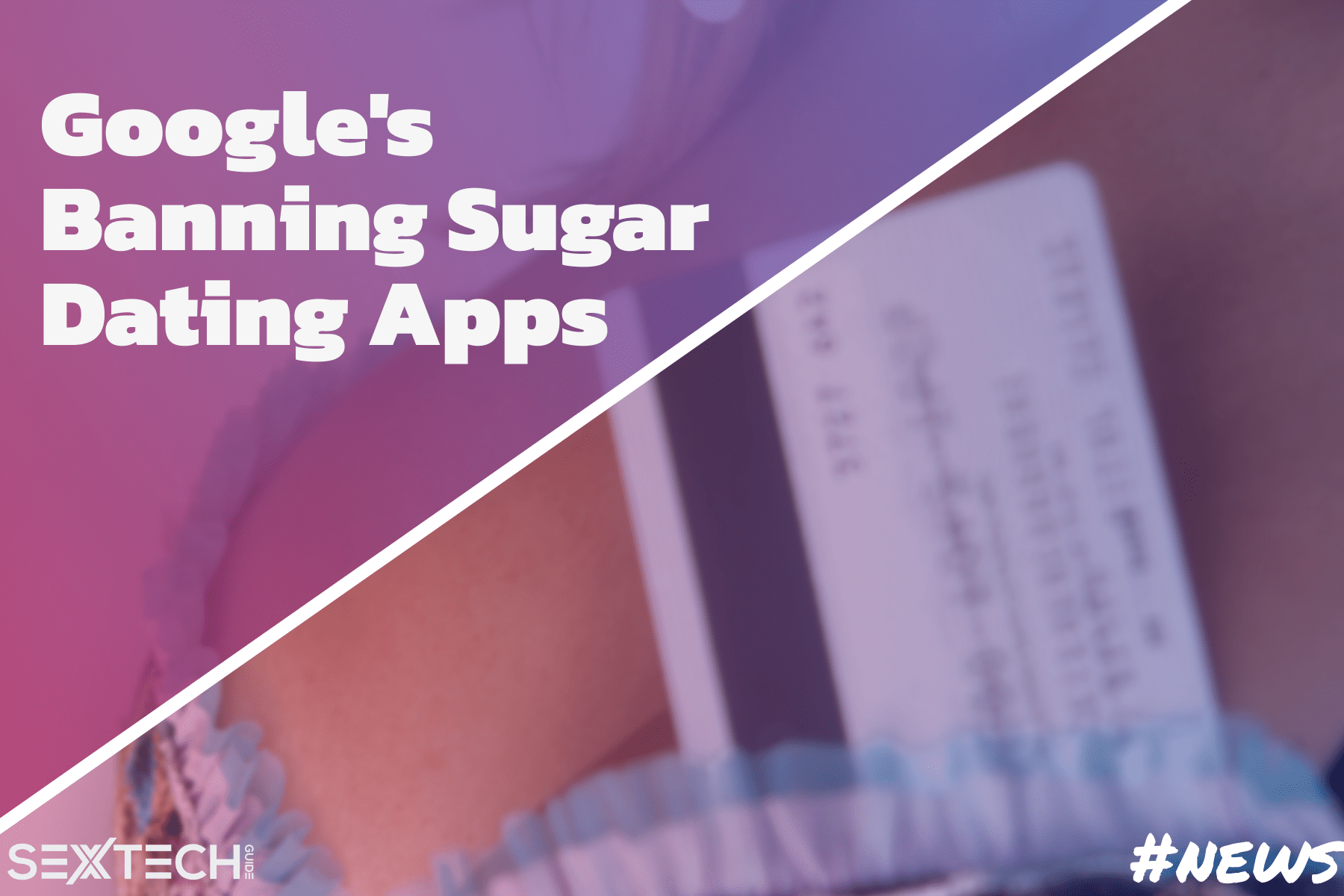
In a change to its official Google Play content policy terms, Google will remove all ‘sugar dating’ apps from the store from September 1, and new apps of the same type will be banned.
Google made a similar change to its advertising policies earlier in 2021, but this tweak is specifically aimed at preventing people from downloading ‘sugar daddy’ apps from the Play Store. However, as with other types of Android apps that aren’t allowed on the Play Store, you’ll still be able to sideload them directly onto tablets and phones.
“We’re updating the Inappropriate Content policy to institute new restrictions on sexual content, specifically prohibiting compensated sexual relationships (i.e., sugar dating),” the policy update document states.
While Google Play has slightly more permissive app rules than the Apple Store, both repositories have a fairly negative view of sex-related content being able to be easily downloaded through their stores. Apps that allow escort services or promote sex-related content were already banned, but that definition now explicitly includes the previously gray area of sugar dating.
The reason for the change isn’t stated, but it’s in line with the general move to introduce increasingly strict rules and regulations over how adult content is presented online. Ostensibly, behind many of the regulatory proposals — such as FOSTA/SESTA, the ‘Safe Tech Act’, SISEA and other changes to Section 230 — is the stated goal of protecting people from potentially dangerous situations: whether that’s preventing minors from accessing porn, or ensuring that people aren’t harassed online.
However, they’re often poorly thought through (and implemented), and regularly make life harder for sex workers, both on and off-line. For example, Cathy Reisenwitz, vice president of communications at the San Francisco Sex-Positive Democratic Club, thinks the Safe Tech Act will make life more difficult for sex workers, and fail to prevent stalking and harassment.
Circumvent Big Tech's Censorship! Never miss another post!
Subscribe to our notifications!
Article continues below
“The SAFE TECH Act would likely mean only two types of content see the light of day online: highly polished, inoffensive, pro-corporate professionally produced content and free, antisocial, low-quality, totally unmoderated user-generated content of the 4chan variety, ” she wrote. “This will mean more harassment, stalking, and bigotry on the net, not less.”
Read Next: What is SISEA? And Why is it Bad for Sex Workers and Porn Sites






